Who are Tehreek-e-Taliban, the militant group linked to Pakistan mosque bombing?
Pakistan Taliban withdraws responsibility for deadly blast, but experts call it a facade
As the death toll in Pakistan’s mosque bombing reached 100, attention has turned to Tehreek-e-Taliban Pakistan (TTP), the Islamist militant group linked to the atrocity.
Monday morning’s attack in Peshawar, which left at least 225 wounded, has raised alarm among officials over a major security breach at a time when the TTP has stepped up attacks, particularly targeting the police and the military.
Authorities say they do not know how the bomber managed to breach the military checkpoints leading into the Police Lines district, a colonial-era, self-contained encampment in the city centre that is home to middle- and lower-ranking police personnel and their families.
Sarbakaf Mohmand, a TTP commander, claimed responsibility and called it “revenge” for the death of militant Khalid Khorasani last year, but a spokesperson for the group later distanced it from the carnage, saying it was not TTP’s policy to attack sacred places.
The apparent resurgence of the TTP – also known as the Pakistan Taliban – has been met with fresh concern as the group is thought to have been emboldened by the Taliban takeover of Afghanistan last year.
It boasts several thousand fighters on both sides of the Afghanistan-Pakistan border.
Who are Tehreek-e-Taliban?
The TTP was officially set up in 2007 when many outlawed Pakistani groups agreed to band together to fight the federal government in Islamabad.
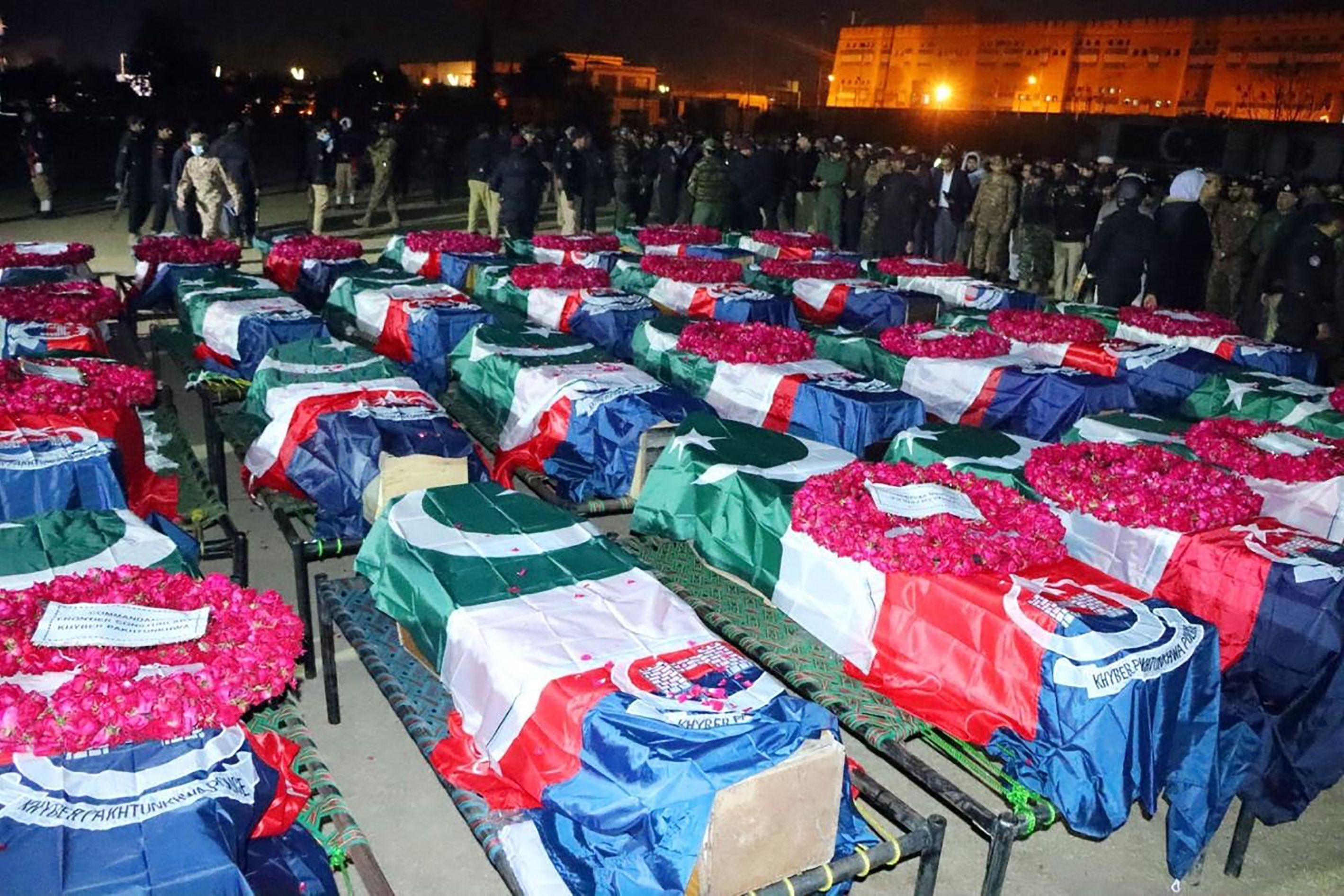
Pakistani militants and other groups picked up arms against the government for offering to support the US’s so-called “war on terror” and its invasion of Afghanistan.
Like the Afghan Taliban, TTP seeks stricter enforcement of Islamic laws, the release of its members in government custody and a reduction in Pakistani military presence in parts of Khyber Pakhtunkhwa, the province bordering Afghanistan that it has long used as a base.
Following years of deadly attacks and bombings that killed thousands, the Pakistani military launched Zarb-e-Azb, a massive operation named after the word of prophet Muhammad, to crack down on the group in 2014.
This happened after a TTP attack on the Karachi airport that killed 36 people and later an attack on the Peshawar Army Public School that killed 130 children.
The group was mostly suppressed after the Pakistani army claimed it killed thousands of militants and forced others to flee the border.
How similar are the TTP and Afghan Taliban?
The TTP is separate from Afghan Taliban but, during its inception, the former claimed to be an extension of the latter.
The two have the overlapping ideology of establishing a strict Sharia system and freeing their respective countries from the Americans.
The TTP was emboldened by the Taliban’s takeover of Afghanistan and the Afghan Taliban’s leadership has only strengthened it.
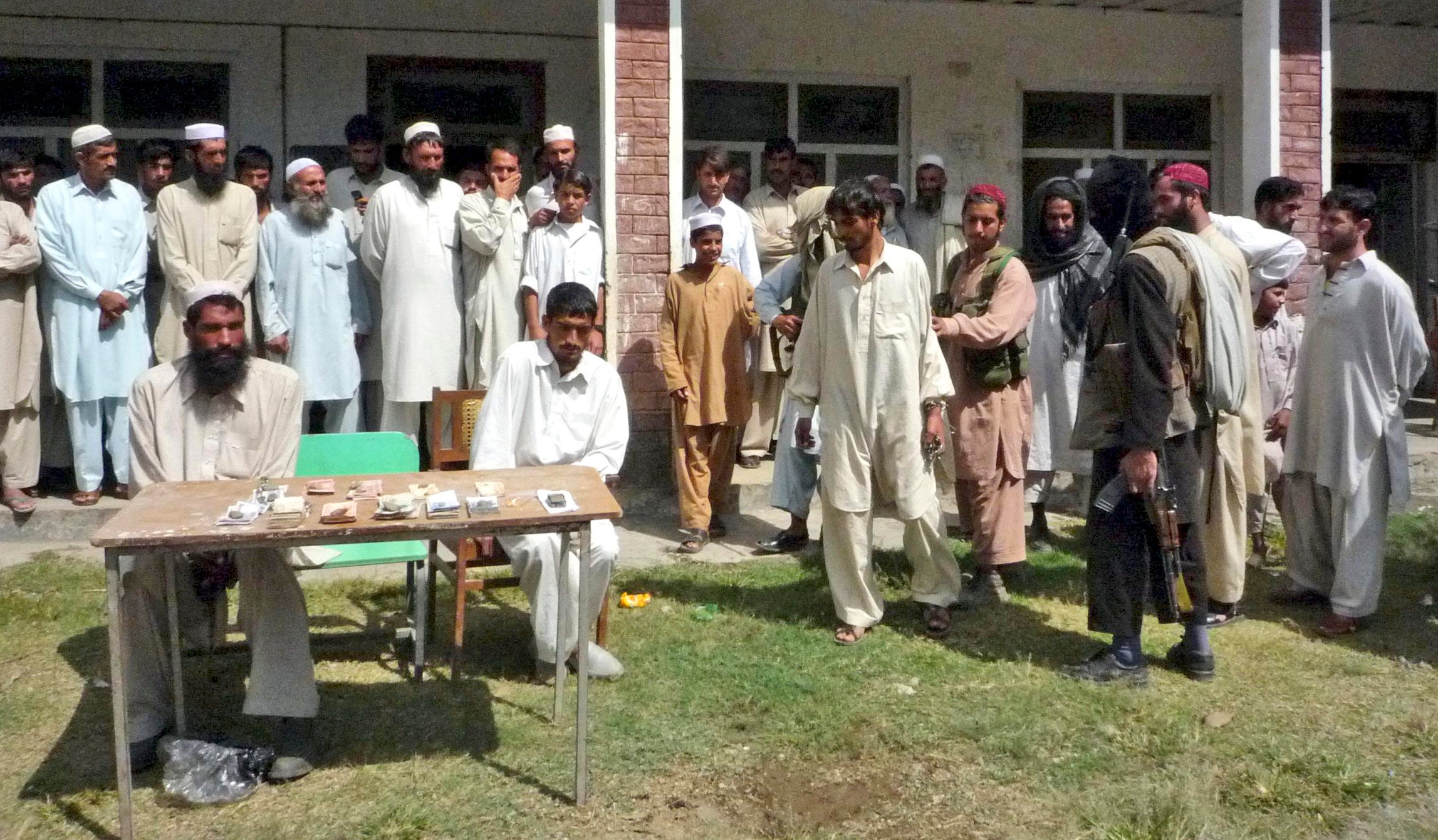
TTP fighters earlier used to hide in Pakistan’s tribal northwest and also had sanctuary in Afghanistan, but mostly lived as fugitives.
The Afghan Taliban, however, openly began to shelter the TTP after coming to power. The Afghan Taliban also released TTP members arrested by the previous Western-backed administrations.
The Taliban have repeatedly said they will not allow anyone, including the TTP, to use Afghan soil for attacks against any country, including Pakistan. But Pakistani officials said there is a disconnect between their words and actions as they could stop the TTP from launching attacks but have failed to do so.
Is there an uptick in violence in Pakistan?
The TTP has ramped up attacks in Pakistan since November when it ended a ceasefire agreed with the government in June.
It accused Islamabad of not adhering to the deal and pointed out several security force operations that targeted its members.
“As military operations are ongoing against mujahideen in different areas ... so it is imperative for you to carry out attacks wherever you can in the entire country,” a statement by the group to its members said, according to the Dawn newspaper.
Michael Kugelman, the deputy director of the Asia Program and senior associate for south Asia at the Wilson Centre, said to not be “fooled” by the TTP withdrawing responsibility for the Peshawar attack.
“It was claimed by Jamaat-ul-Ahrar, which is very much a part of TTP after a brief split some years ago. It’s one of TTP’s most brutal factions and is happy to do things (like attack mosques) that TTP claims it rejects,” he said.
“Will the TTP leadership expel JuA from the group? Perhaps. TTP (taking a cue from Afg Taliban?) has recently depicted itself as a more moderate entity than previously (eg claiming it avoids targeting civilians and religious venues), and so retaining JuA could become a liability.”
It is the Afghan Taliban’s attempt to manage relations with Pakistan, said Kabir Taneja, a fellow with Delhi-based think tank Observer Research Foundation.
“[It’s a] good reminder that TTP is a stitch-up of groups. [The] fact that [a] TTP commander first claimed [the] attack, then TTP spokesperson disowned it shows possible different approaches within the group, and Afghan Taliban’s attempts to manage relations with Rawalpindi,” he said.
Meanwhile, Pakistan’s interior minister Rana Sanaullah Khan told the Afghan Taliban to stand by its commitment of not letting anyone use its soil for attacks against another country.
“They should honour their promises,” he told Geo News.
Join our commenting forum
Join thought-provoking conversations, follow other Independent readers and see their replies
Comments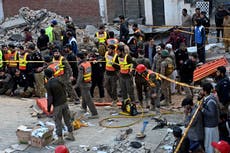
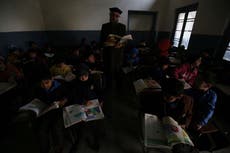
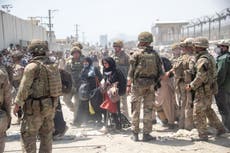
Bookmark popover
Removed from bookmarks